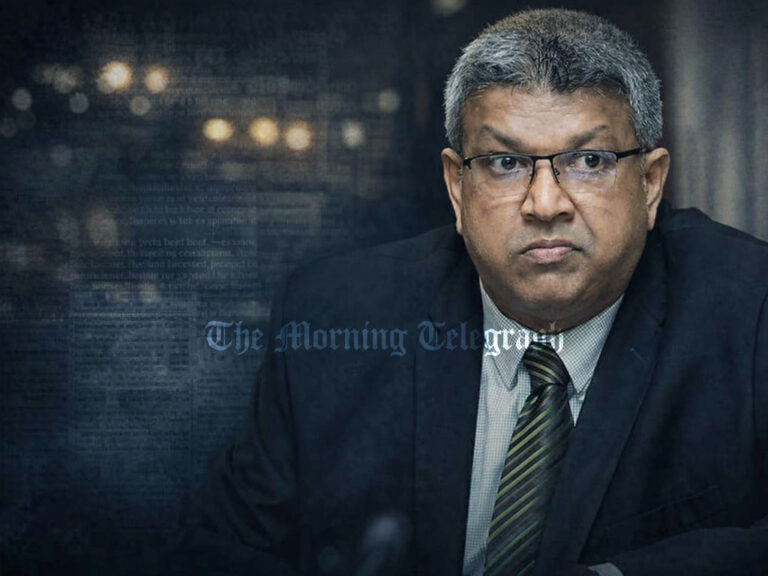
The National Audit Office has revealed that delays and hasty decisions by successive governments to suspend construction of the Colombo Port City project have cost Sri Lanka millions of dollars in financial and diplomatic losses.
The Colombo Port City, a landmark development project with an estimated investment of $1.4 billion, is a 100% privately funded foreign direct investment implemented by China Harbour Engineering Company (CHEC). Construction began after an agreement was signed with the Sri Lankan government on September 16, 2014.
However, the Cabinet’s decision to temporarily halt all construction activities on March 6, 2015, through a directive from the Ministry of Ports, Shipping, and Aviation, brought the project to an abrupt standstill. This suspension caused significant losses, including an estimated $380,000 per day in direct financial losses for CHEC.
The project’s halt also strained Sri Lanka’s diplomatic relations, particularly with China, as the delays undermined investor confidence and disrupted the project’s timeline. According to foreign affairs analysts, this has negatively impacted the country’s reputation in international business and diplomatic circles.
In addition to daily losses, the company faced interest obligations on loans taken for the project. The Auditor General’s report highlighted that CHEC sought $143 million in compensation from the Sri Lankan government due to the delays. However, instead of cash compensation, high-value commercial land was transferred to the company. The audit revealed that the value of this land had not been properly assessed or reported, resulting in financial ambiguities and potential losses for the government.
The suspension also caused physical damage to the project. Over 200 meters of the constructed breakwater were damaged, and the reclaimed land was left unprotected, leading to additional restoration costs. CHEC estimated Rs. 1,000 million would be needed for temporary waste management solutions within the Port City. However, due to plan changes and price escalations, this figure skyrocketed to Rs. 3,700 million.
The Auditor General’s report also noted that while the project was originally scheduled to be completed by 2019 under the tripartite Colombo Port Expansion Project agreement, delays pushed its restart to December 2022.
These delays and financial missteps have cost the Sri Lankan government not only in terms of financial losses but also in opportunities for economic growth and international partnerships. The audit underscores the need for greater accountability and strategic decision-making to prevent similar setbacks in the future.




